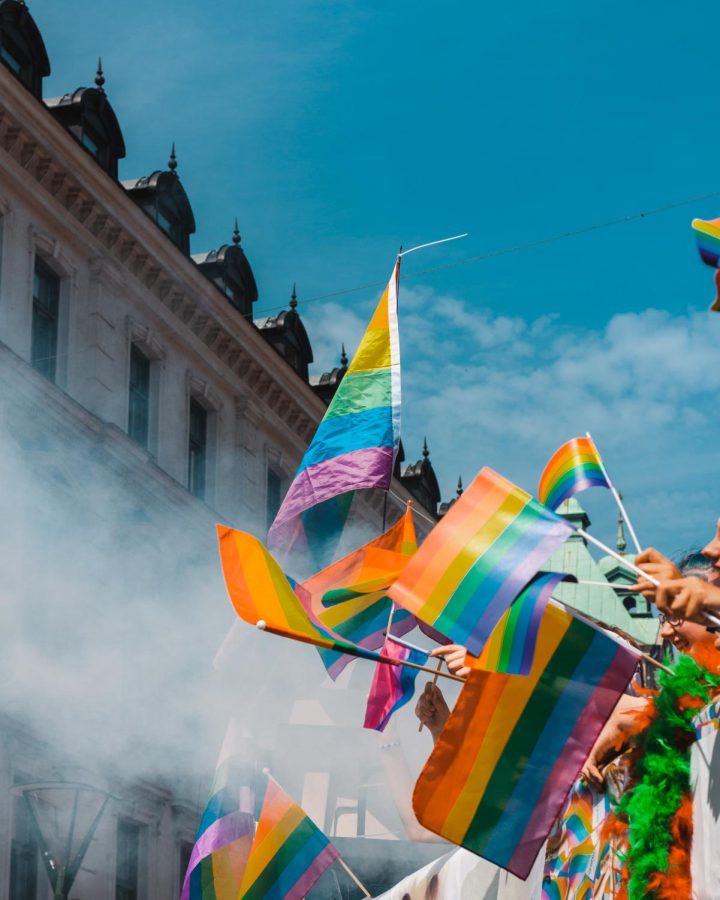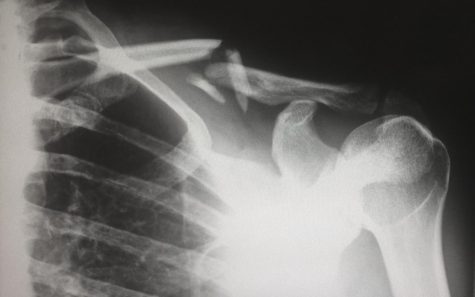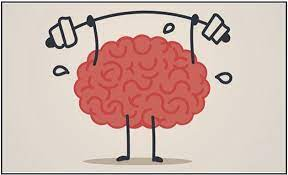The AIDS Epidemic and Roanoke: How it Affected Donald Muse
I listened to the interview of Don Muse from the SWVA LGBTQ+ Oral History Project. Don is an African American gay man who was born in 1958 in Roanoke, Virginia. He has experienced a lot of things throughout his life, including: moving to D.C., Baltimore, Philadelphia, New York, Nashville, L.A., Montreal, and London, England. He lived through the AIDS/HIV crisis and lost many friends to AIDS. Even though Don did not have AIDS, it impacted his life in many ways, and he witnessed the progression of the homophobic political and social response from the 1980s to today.
AIDS (Acquired Immune Deficiency Syndrome), which is the later stage of HIV (Human Immunodeficiency Virus), is a fatal disease that makes your immune system extremely weak. A weakened immune system is left vulnerable to many viruses, and an illness that an immune system would normally fight off could become deadly (“What are HIV and AIDS?” n.d.). When AIDS/HIV was first recognized by the media as AIDS and HIV, it had already been in America for many years. When Don first heard about AIDS, he remembers thinking that it was just on the west coast, in California. In 1981, cases of multiple rare and fatal diseases, which were later identified as AIDS-related, began to be reported. Although, it was later discovered that HIV/AIDS has been in the United States since the 1970s (“A Timeline of HIV and AIDS,” n.d.). The president at the time, Ronald Reagan, was very negligent in his handling of the AIDS epidemic, which I believe was largely motivated by the homophobia he shared with many Americans at that time (Bennington-Castro, 2020). One of Don’s memories about having a friend with AIDS was that he had to go to the hospital to feed them and help dress them because the staff did not do it. Don eventually had many friends who died of AIDS, and he has been negatively impacted by those deaths for many years.
Today, Don Muse is living back in Roanoke. Although HIV and AIDS are not as prominent in Roanoke City today, homophobia is still directly impacting his life. In 2000, there was a shooting at an LGBTQ+ friendly bar in downtown Roanoke, and Don lost one of his friends to it. He would have been there with his friends that night, but he called off last minute because he was tired . HIV and AIDS brought a lot of stigma and homophobia around the LGBTQ+ community, especially around gay men. People are still working today to breakdown the stereotypes of AIDS and the gay community, and we have to be willing to educate ourselves about it. Hearing the personal stories of Don Muse has helped me understand how personally impactful these pervasive issues are to the LGBTQ+ community.
References
HIV.gov. (n.d.). A timeline of HIV and AIDS. HIV.gov. https://www.hiv.gov/hiv-basics/overview/history/hiv-and-aids-timeline
HIV.gov. (n.d.). What are HIV and AIDS?. HIV.gov. https://www.hiv.gov/hiv-basics/overview/about-hiv-and-aids/what-are-hiv-and-aids
Joseph Benneington-Castro. (2020, June 1). How AIDS remained an unspoken-but deadly-epidemic for years. History.com. https://www.history.com/news/aids-epidemic-ronald-reagan
Southwest Virginia LGBTQ History Project, “Oral History Interview with Don Muse,” Virginia Room Digital Collection, accessed October 13, 2020, http://www.virginiaroom.org/digital/document/MuseDon.



Emily Arriaga • Jan 14, 2021 at
I loved reading the information about Don’s life. It showed what he had to go through. You did an amazing job capturing this story.